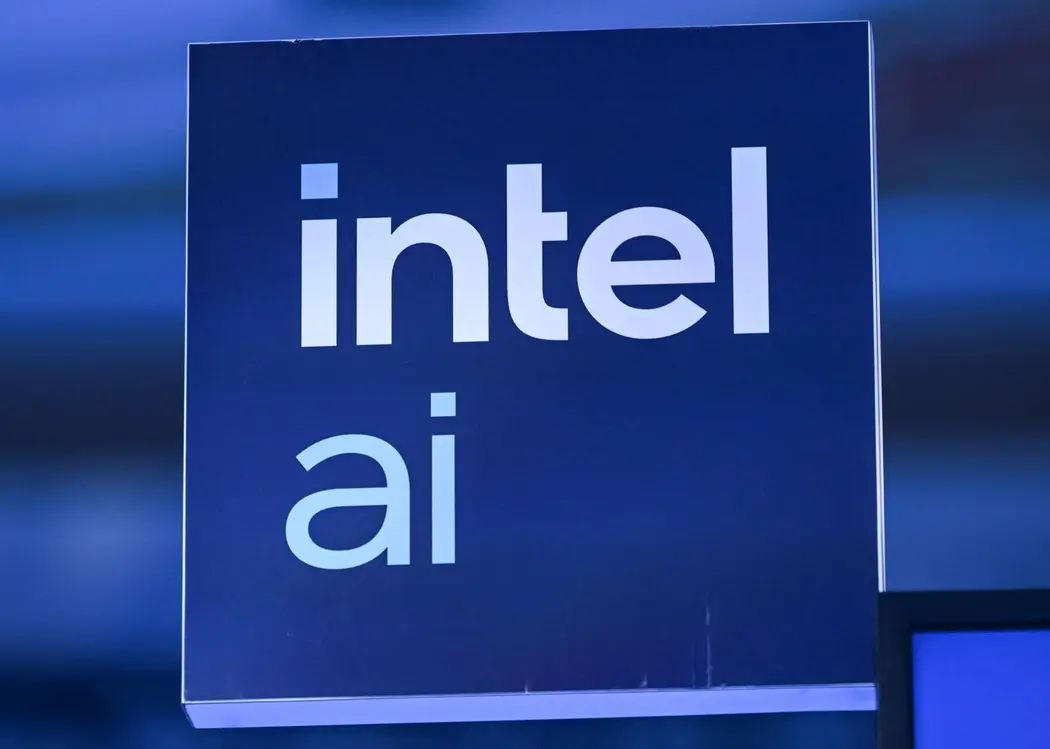T4K3.news
Trump administration seeks 10% Intel stake
U.S. government reportedly aims to convert CHIPS Act grants into Intel stock, following SoftBank’s $2 billion investment.
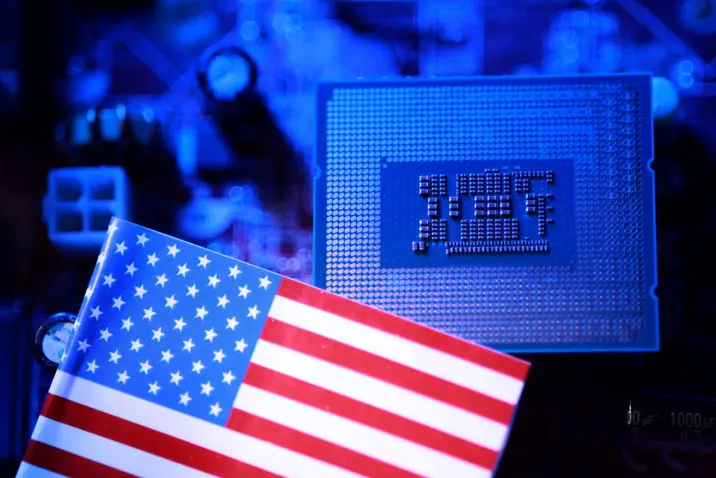
A report details a plan to convert federal grants into a 10 percent stake in Intel, tying government funds to the chip maker amid a SoftBank investment.
Trump Eyes Major Intel Stake After SoftBank Bet
The report says the U.S. government is pursuing a 10% stake in Intel through converting Biden era CHIPS Act grants into Intel stock. SoftBank disclosed a $2 billion purchase that would give it about 2% of the company. The moves would shift the government from a distant backer of domestic chip production to a direct shareholder with a seat at the table.
Key Takeaways
"We think America should get the benefit of the bargain"
Lutnick on why the government should pursue the deal
"It’s obvious that it’s the right move to make"
Lutnick explaining the rationale for the agreement
"Semiconductors are the foundation of every industry"
Masayoshi Son on the strategic value of chipmaking
"We want Intel to be successful in America"
Lutnick about national goals and company growth
This arrangement raises questions about how taxpayers should participate in private company turnarounds. It would also test the line between policy aims and market incentives: should government money be weaponized to buoy a private firm, even one with national strategic importance? The deal could set a precedent for future crises where public funds back private sector assets, potentially altering governance and risk tolerance at Intel. At the same time, the policy backdrop matters: the CHIPS Act aimed to expand U.S. manufacturing, but outcomes depend on execution, timing, and market confidence in the turnaround plan.
Highlights
- A private turnaround with a state stake reshapes the odds
- Taxpayers will watch closely how governance changes
- Policy and profit may collide in this high stakes deal
- The line between public support and private advantage just got thinner
Political and financial risk in government stake plan
The plan ties taxpayer money to a private company and could politicize corporate decisions, raising governance, transparency, and public reaction concerns.
Policy and markets now share a stake in the fate of a cornerstone American industry.
Enjoyed this? Let your friends know!
Related News
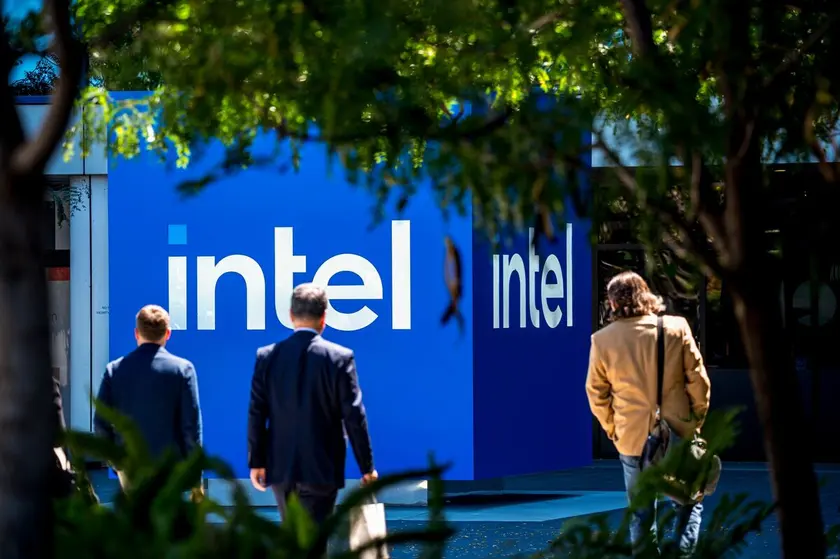
US considers 10 percent stake in Intel
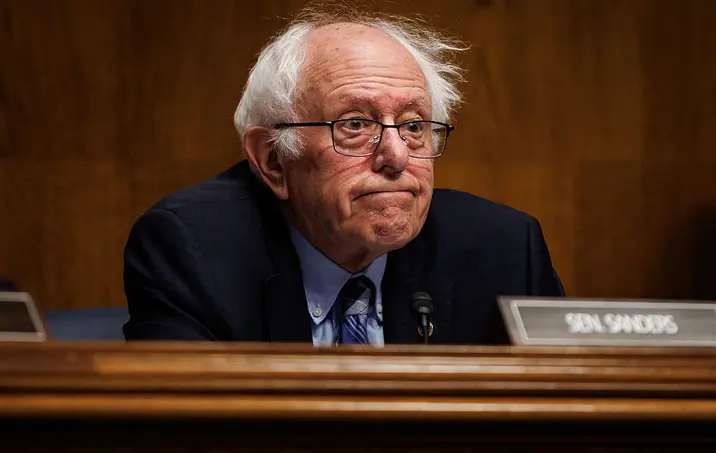
Trump backs 10 percent Intel stake plan
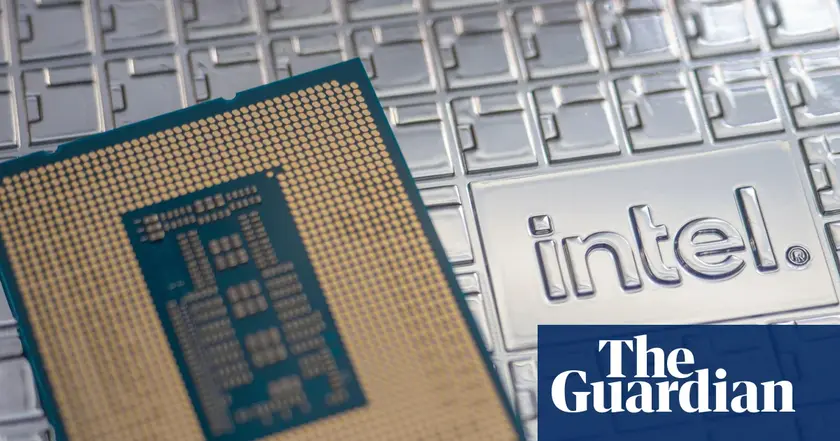
Intel secures SoftBank investment amid stake talk
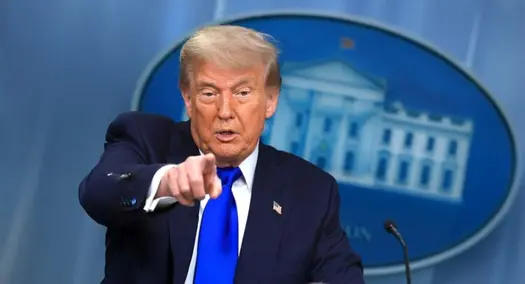
Trump administration eyes 10% Intel stake
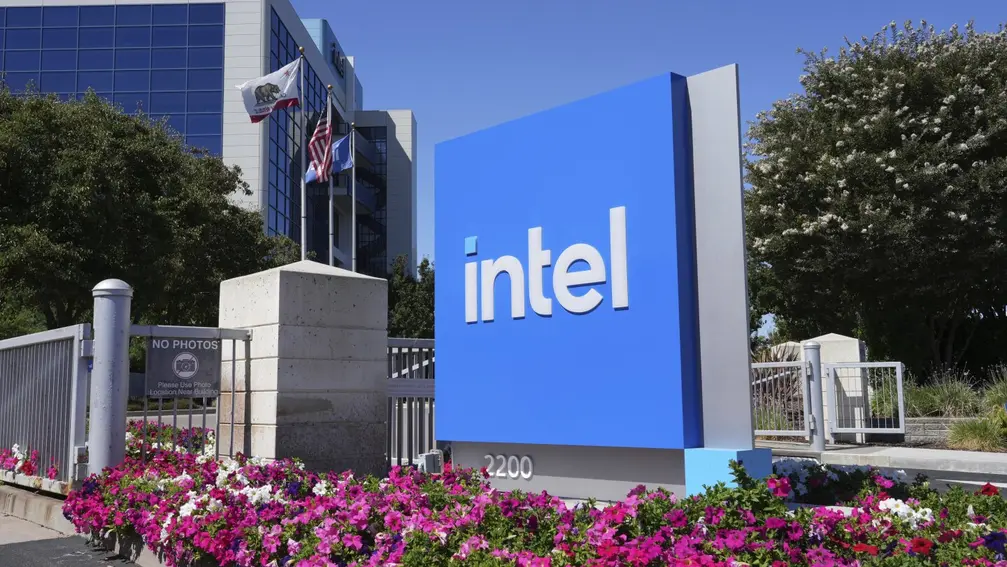
Government stake in Intel
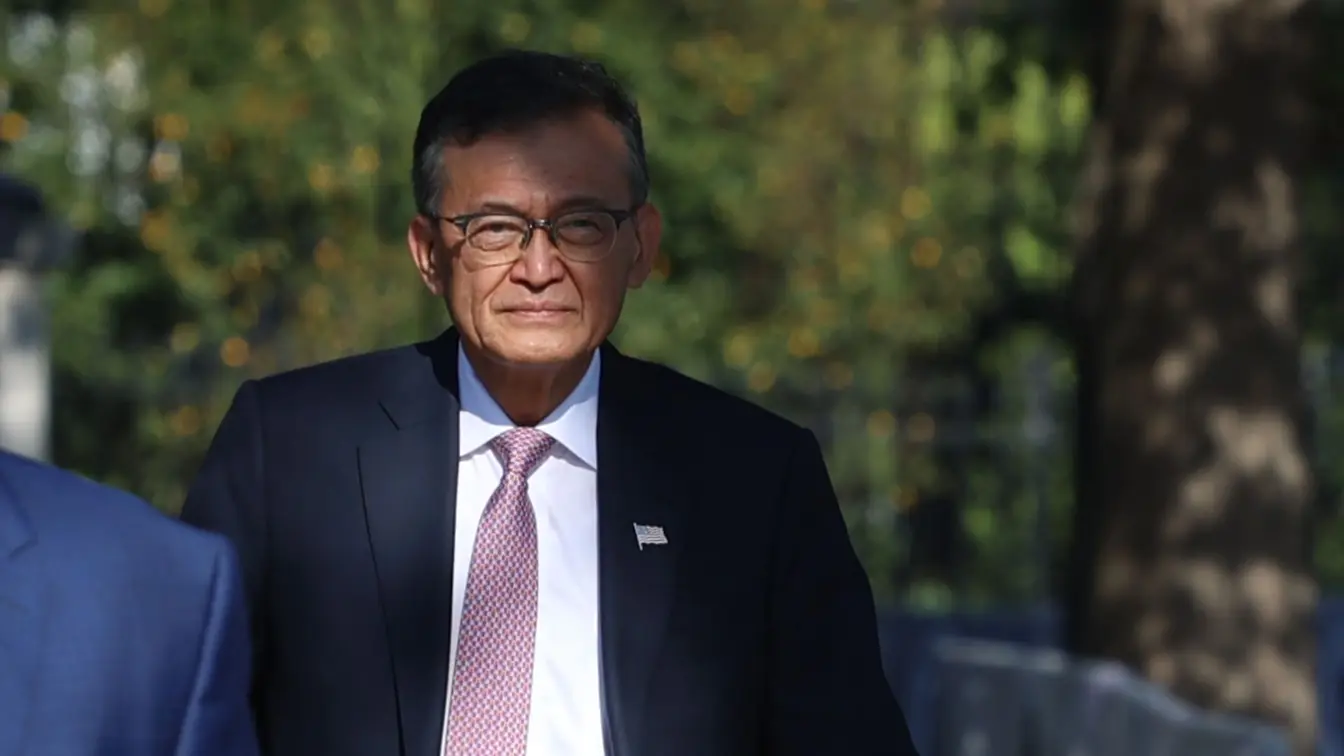
US weighs stake in Intel
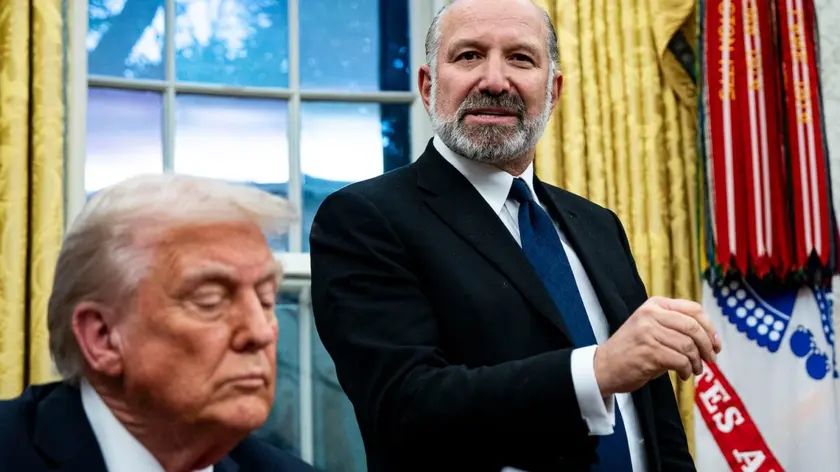
CHIPS Act equity stake under fire
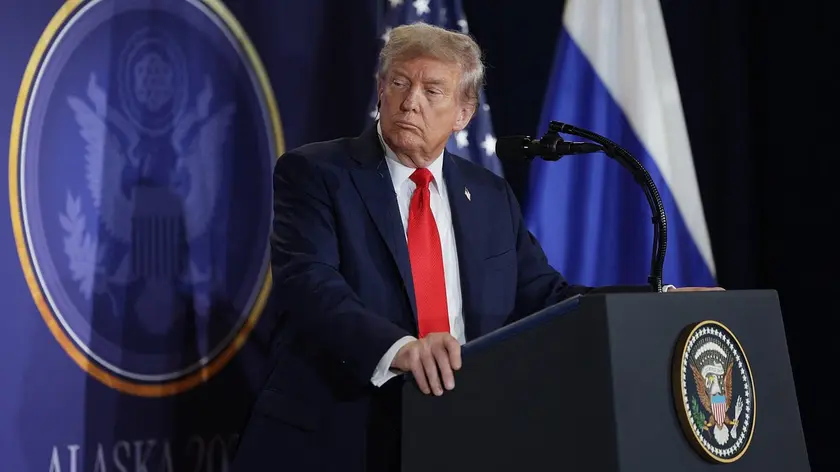
Trump moves on Intel stake
